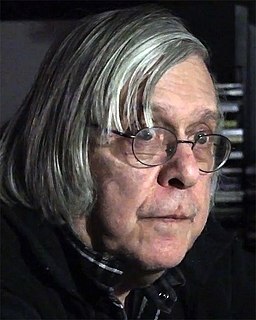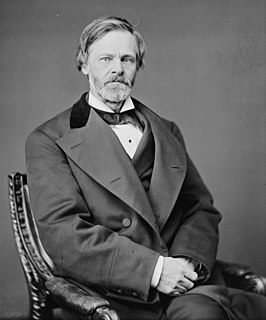A Quote by William E. Gladstone
The oppression of a majority is detestable and odious; the oppression of a minority is only by one degree less detestable and odious.
Related Quotes
Violent resistance against the power of the state is the last resort of the minority in its effort to break loose from the oppression of the majority. ... The citizen must not be so narrowly circumscribed in his activities that, if he thinks differently from those in power, his only choice is either to perish or to destroy the machinery of state.
"Oppression" or "systems of oppression" operate as a shorthand terms in much writing and speaking so that we do not have to list all these systems of meaning and control each time (i.e. racism, ableism, xenophobia, etc.). I needed a term like that, but "oppression" implies a kind of top-down understanding of power that is at odds with the Foucaultian model I rely on in my work.








































